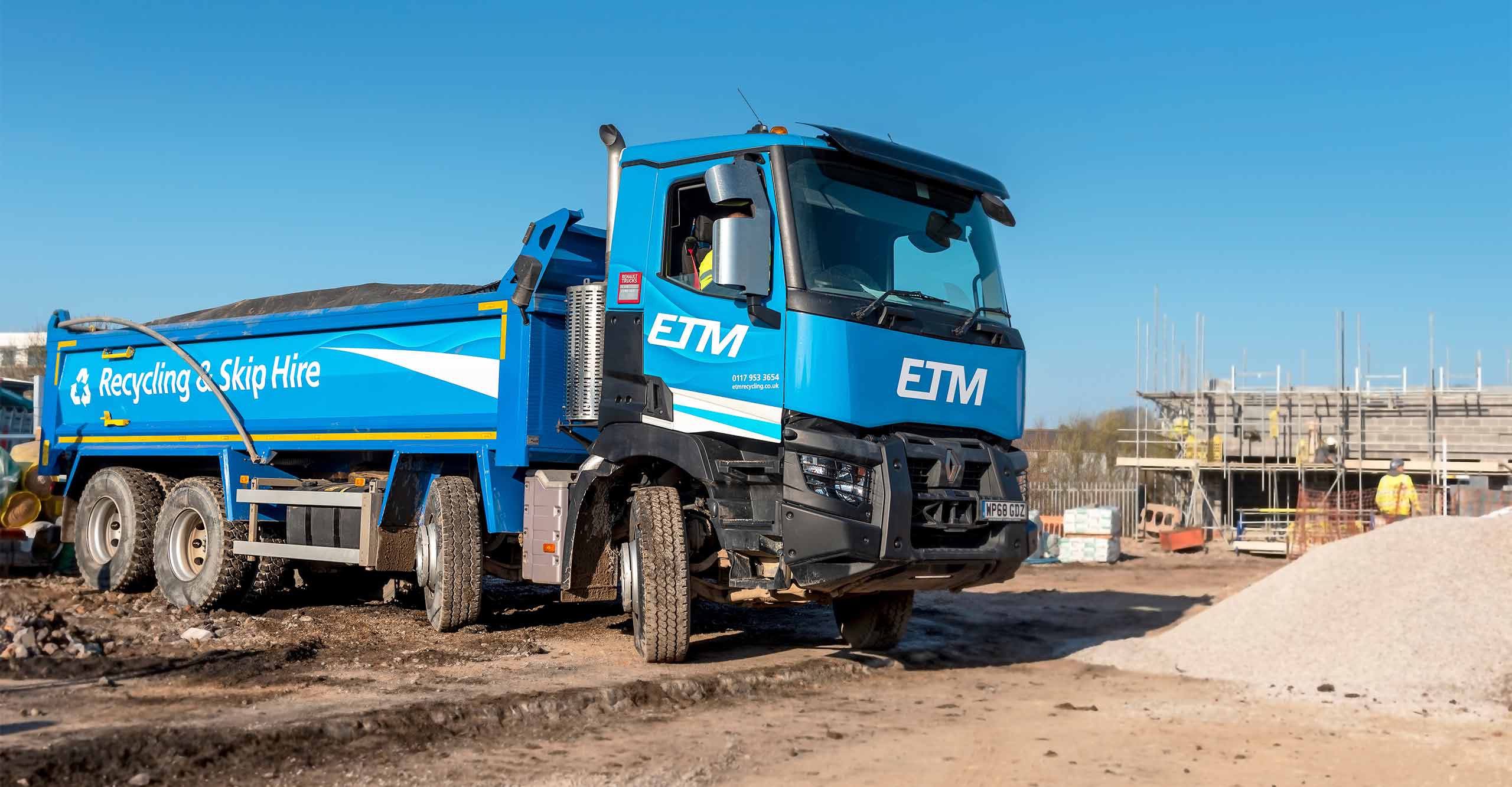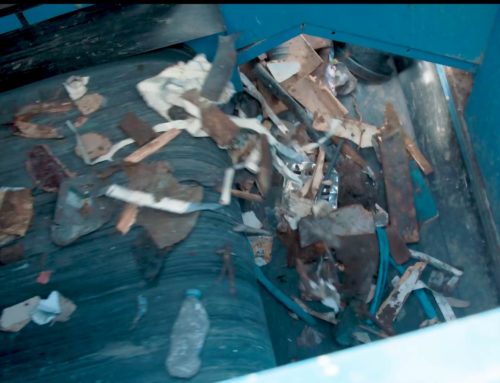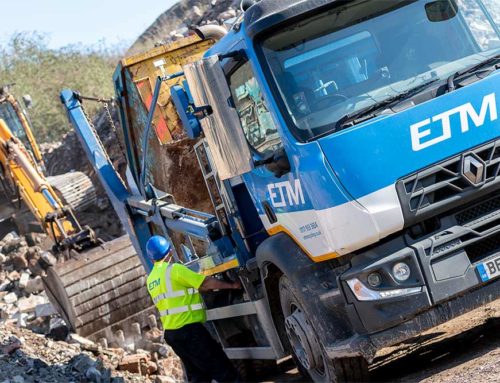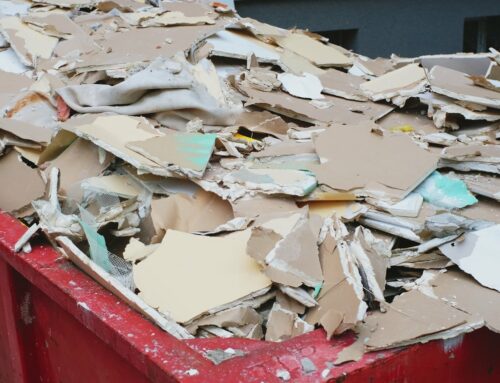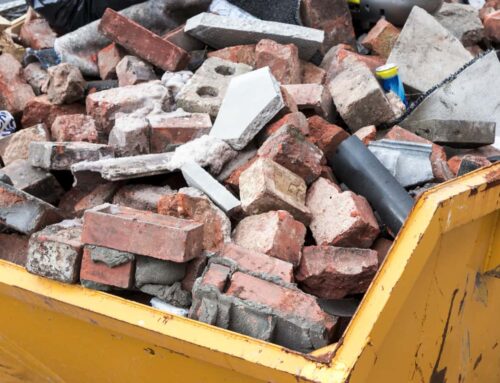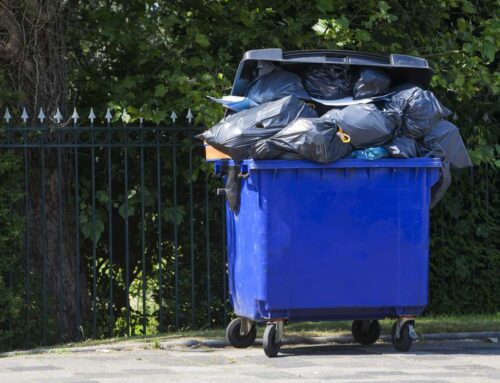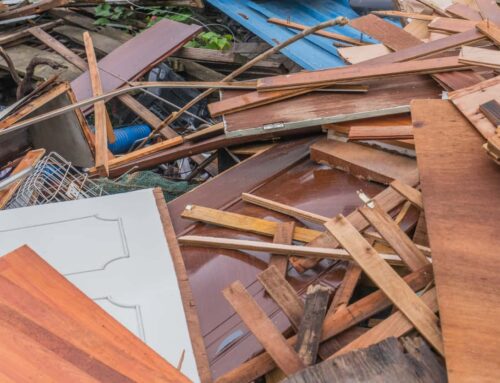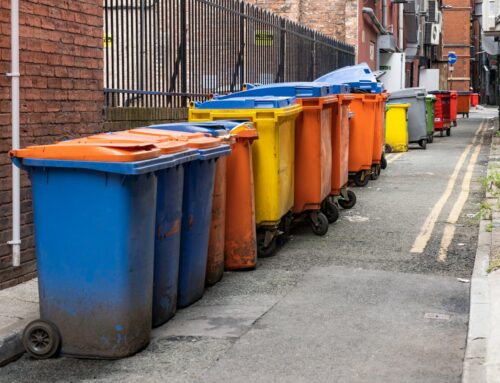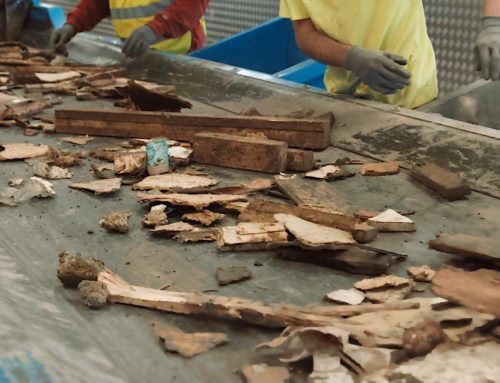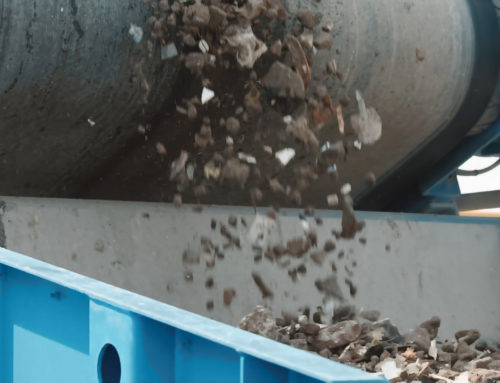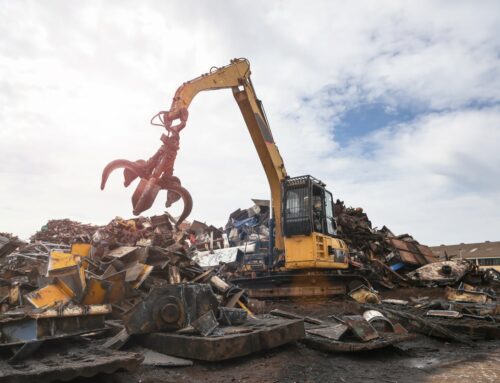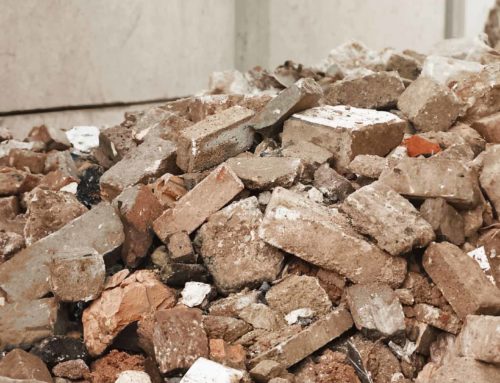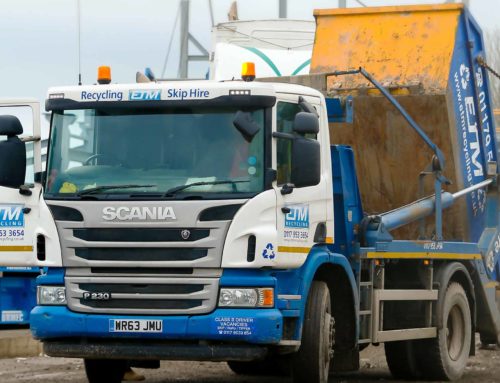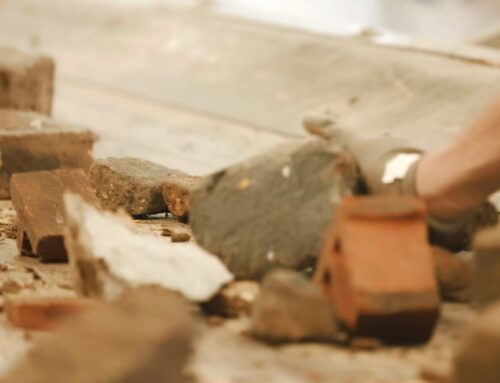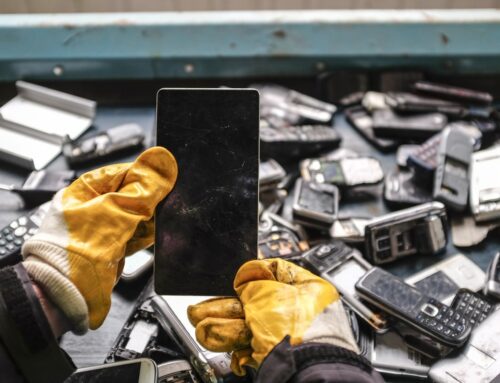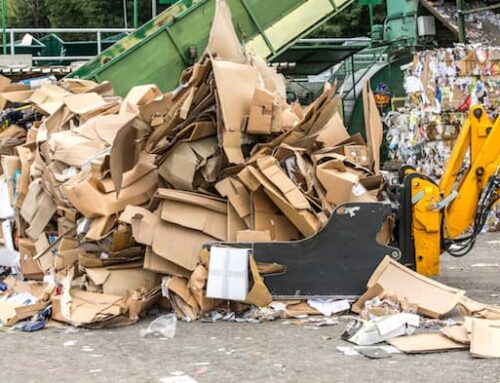Waste management can be a cause of headaches and money loss for businesses who haven’t put effective procedures in place.
Using our top tips we’ve explained in this guide, individuals and businesses can benefit from improved waste management, helping to save time, hassle, money, and most importantly, the environment.
As any businesses that produce waste – such as hotels, offices, commercials spaces, warehouses etc. – have a legal obligation to manage it properly (‘Duty of Care’, Section 34, Environmental Protection Act 1990), the importance of effective waste management cannot be overstated.
How to Improve Waste Management
Use the Waste Hierarchy
Businesses looking to improve their waste management should look to the waste hierarchy as a roadmap. The waste hierarchy is a piece of guidance in the Revised Waste Framework (Article 4) that sets out how waste can be dealt with for minimised environmental impact. Represented by an inverted triangle denoting the various options of waste management in descending order or most to least favourable, the waste hierarchy creates clear considerations, stages and prioritisations for businesses to consider.
The stages are prevention, preparing for re-use, recycling, other recovery, and disposal. By exploring each of these options in order, businesses can reduce the waste they produce and maximise value gained from it, resulting in increased recycling, less material purchasing, and cost savings. This strategic approach and exploration of alternatives to landfill can result in improved waste management.
See the UK Government guidance on the application of the waste hierarchy.
Audit Waste
Before implementing any new waste management strategies, it’s critical businesses audit their waste and find areas for improvement. Waste producers should be aware of how much waste they produce in a given time period, what waste streams are produced, whether any waste requiring special handling or storage is produced, and what percentage can be recycled. By assessing what is produced, informed decisions about waste management can be made that are suited to the exact waste requirements.
Waste audits are also useful tools for measuring improvements. For example, if a measure of improvement is increased recycling or decreased waste produced, percentages overtime can be compared, and success evaluated.
Assess Costs
One of the most common driving forces behind a change in waste management strategy is cost to business. Therefore, ‘improvement’ may be related to reduced costs, more cost-effective services, or increased value for money. Businesses currently working with waste management providers should feel like services and prices are tailored to their business’ needs and not just set at a regular rate, thus reducing value. Also, expensive tipping fees encourage businesses to find more cost-effective and environmentally friendly waste solutions.
Without assessing current holistic spend and comparing costs for various services, businesses may not have the entire picture of how much their waste management really costs.
Separate Waste
Since 2015, it has been a legal requirement for businesses to separate recyclable materials (glass, paper and plastic) from general waste under UK Waste Regulations. Aside from compliance, separating waste is important for increasing the amount and quality of recycling. Taking the effort to identify different waste streams and not default to general waste helps to ensure recyclable materials are identified and appropriately managed.
Create a Waste Management Plan
A waste management plan outlines how a business will deal with the waste it produces, with exact figures, as well as goals/targets set to achieve. Having a physical plan that lists key information, procedures and people, can help businesses streamline processes and create accountability, leading to long lasting improvements in waste management. From giving data on how much waste is produced and waste streams, to naming people in charge of waste, the plan is instrumental in unifying people and processes around a common goal: improving waste management.
Read this blog on waste management plans for more information.
Hire Waste Management Experts
To ensure professional waste management that is both compliant and environmentally friendly, businesses looking to improve waste management should hire the experts. ETM Recycling have dedicated recycling experts who work with businesses to tailor advice, offer services and create solutions that work effectively. Our professional services remove hassle for businesses, taking care of container hire, regular scheduled collections, key paperwork, and much more. Alongside the many administrative benefits of outsourcing waste management, there are significant environmental ones too; many providers share a zero waste to landfill philosophy, striving to divert as much waste as possible from landfill.
Check out ETM Recycling’s commercial waste management services.
Ensure Compliance
Waste management is regulated in the UK to ensure best practice concerning the environment and set high industry standards. From collection and storing Waste Transfer Notes, to using the services of licenced waste carriers only, businesses have a Duty of Care to make responsible choices and should therefore be aware of regulations.
See more: Waste Management Regulations – The Importance of Regulation In The Industry
Failure to comply with relevant regulations can result in fines and the regulations are seriously enforced. Any businesses currently disregarding regulations should improve waste management processes to ensure compliance.
Spread Awareness
The successful implementation of improved waste management strategies revolves around the active involvement of everyone on the premises, else renewed efforts are largely ignored. From holding waste workshops, to putting up posters around the workplace, to placing separate recycling bins in convenient locations, there are plenty of ways to incorporate employees in improved waste management initiatives. Examples of good practices to adopt include employees bringing homemade lunches to reduce packaging waste or using digital filing to reduce paper used for printing.
Improve Your Waste Management with ETM Recycling
ETM Recycling are experienced waste management providers based just outside Bristol, servicing the whole South West and beyond with waste management, machine hire, skip hire, tipping services and much more. With our state-of-the-art facilities and extensive experience, we help businesses across a range of industries to improve their waste management solutions, save money, and ultimately help the environment. We offer tailored waste management plans to suit individual businesses, including scheduled collections, container hire and waste data reporting.
For hassle-free, cost-effective commercial waste management, get in touch!
